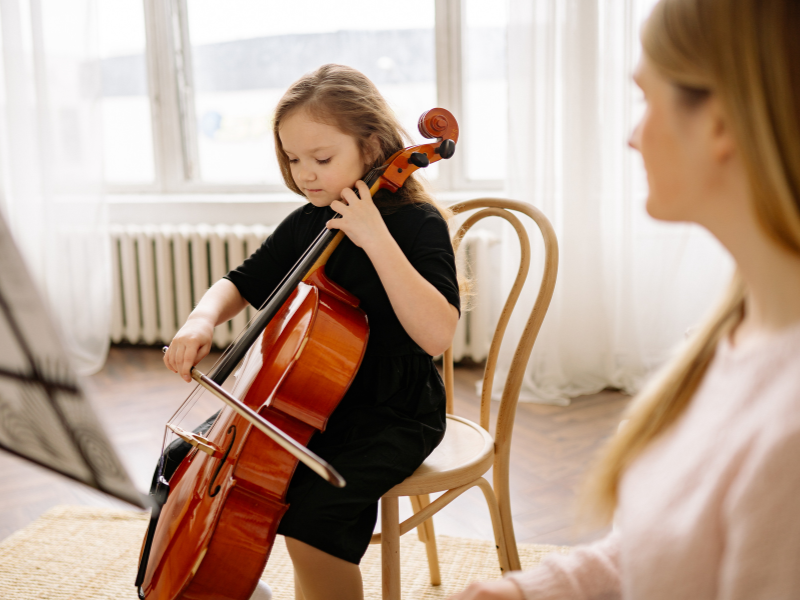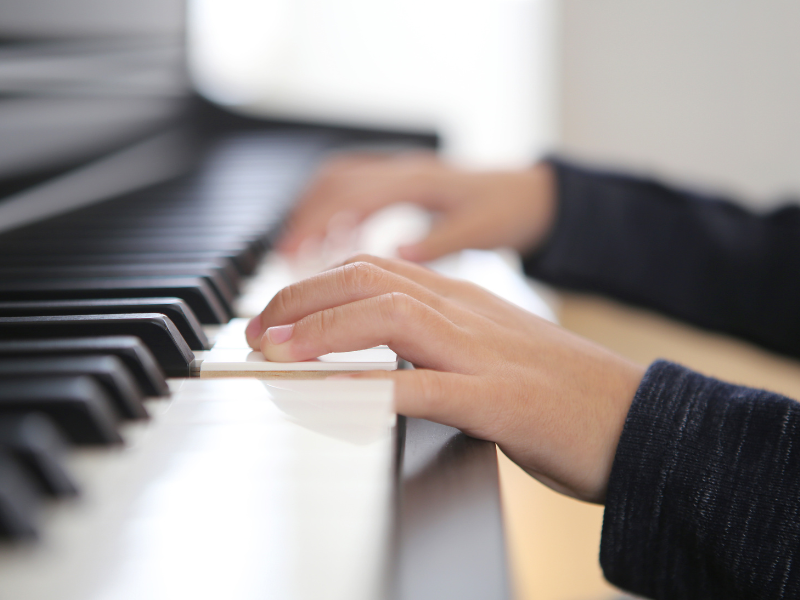
Research Updates

Here at Bigger Better Brains we believe that through educating yourself, you can then educate and affect positive change in your community.
With all of the research in the field of neuromusical science, our BBB Research section serves as a content hub for you. We regularly share findings and break down the latest research to educate and inspire discussion. We hope you enjoy this page on our website and share BBB news with your colleagues, parents and students.
Make your brain more efficient
How efficiently is your brain working today? Music learning trains the brain to use fewer brain resources when compared with non-musically trained people (and in this case those who are also bilingual).
Your Brain Will Thank You for Being a Musician!
One of BBB’s favourite researchers, Dr Patricia Izbicki, has done all the hard work for us and summarised the five great reasons why music learning is the childhood experience that just keeps on giving well into our later life.
Drummers are thick…but not in the way we joke about!
Drummers, very unfairly, can be the target of some pretty mean jokes and stereotypes. For example, What do you call a drummer with half a brain? Gifted!
Music therapy and Autism - Dr. Summa-Chadwick
Music learning has so many amazing benefits for students, but did you know that music learning is often used as a therapy tool for children with autism?
Background music ‘significantly impairs’ creativity
Do you use background music when you are completing a creative task? If you do, do you find that your creative output is better, more innovative or unexpected, or does the background music hinders these outputs?
Can musicians hear more emotions in your voice?
Do you know someone who struggles to hear the emotions in speech? The skills of “hearing” prosody in speech are fundamentally musical. It is the melody and rhythm of speech, mixed in with the facial and physical expressions that went along with the speech, that our brains use to interpret emotions in speech.
Foreign Language Learning or Music Learning: which one improves auditory processing more?
Bilingualism and music learning have often been connected when it comes to auditory processing development. Do you know why? The reason for this connection is that music and language share an overlapping neural network.
Music sets preschoolers up for success
In a new study, it has been found that preschoolers who have better vocabulary and attention skills are more likely to do better at school. This is not a shocking finding. Early childhood educators have been aware of this connection and indeed school readiness programs focus on building both of these skills.
To put the music on, to not put music on, that is the question?
A lot of the headlines point to the connection between listening to music and lessening productivity. The important detail to notice is which particular type of activity the participants were less productive in..
Music learning improves grades in Maths, English and Science … but why?
An extensive study has been released which found that students who studied music in primary school and into high school were almost one year ahead of their non-musically trained peers in their Maths, Science and English performance.
A French horn playing economist: how did learning an instrument help him think big?
Arthur (Brooks, leading US economist and social scientist) was once asked whether he’d learned anything as a serious musician that applied to his current work…




















